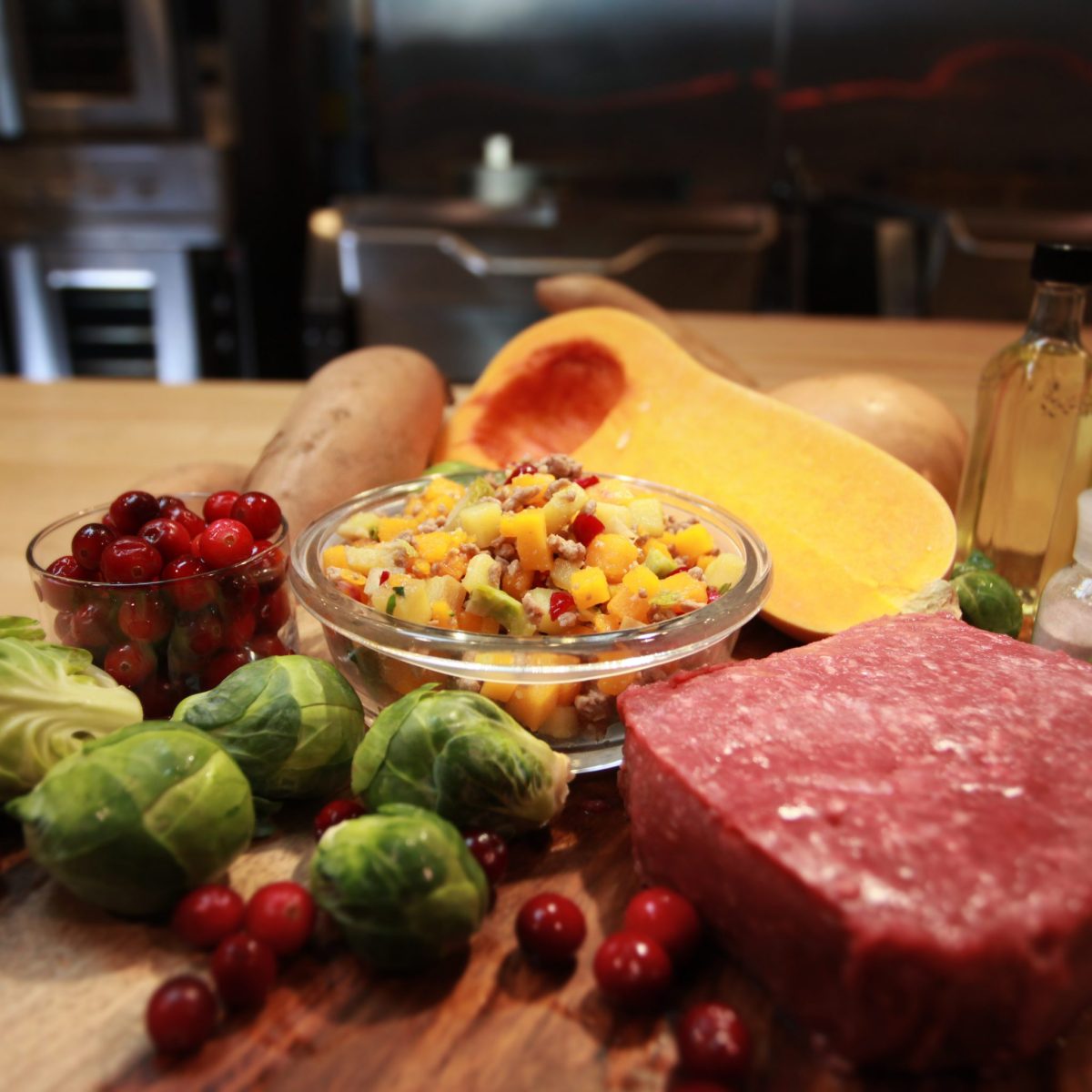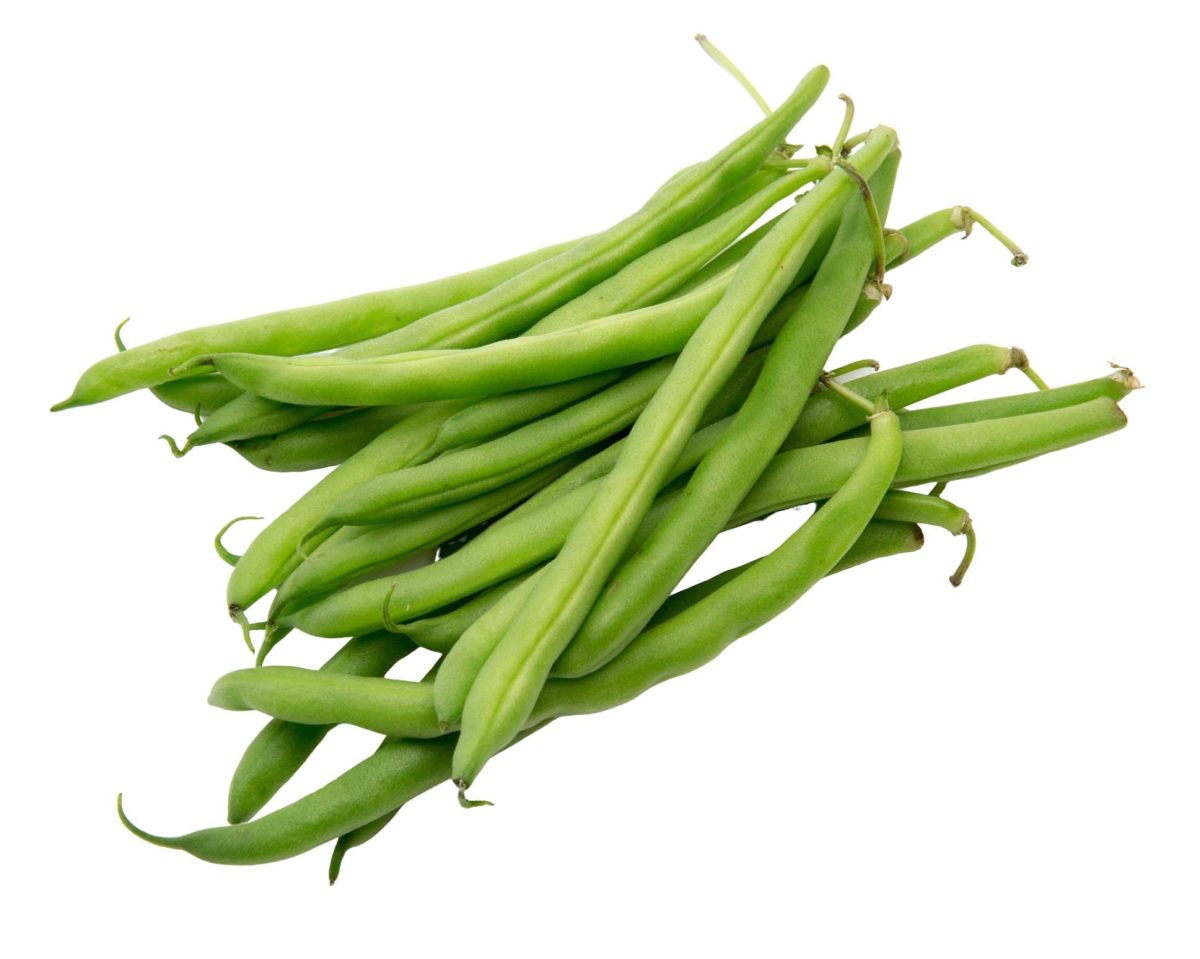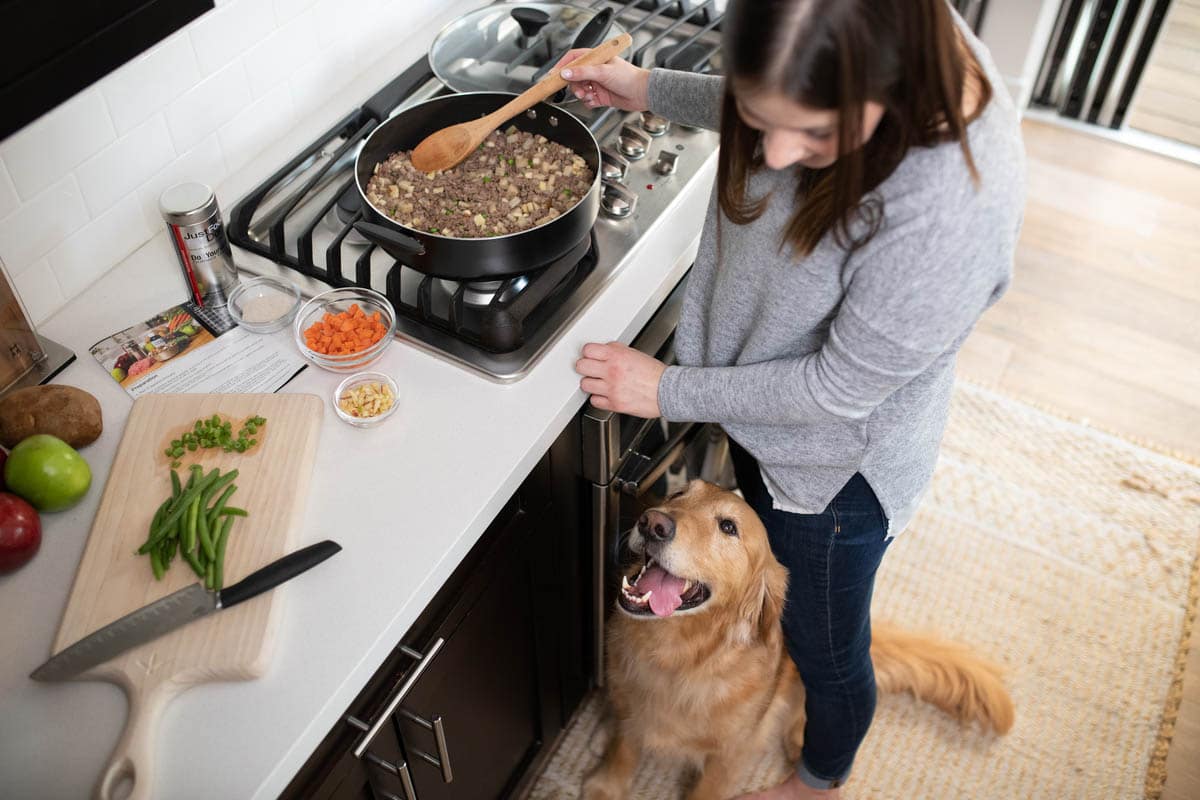Modern Topics in Nutrition: An Interview with the Experts
Two prominent Southern California veterinarians evaluate the benefits of feeding fresh whole foods to pets.
Fresh, whole-food recipes are the latest progression in veterinary nutrition. For many pet parents (and vets), processed dry food is no longer the norm. To evaluate the true benefits of these types of recipes, we talked to two prominent Southern California veterinarians: Dr. John Tegzes VMD Dipl. ABVT, board certified in veterinary toxicology, and Dr. Oscar Chavez, BVetMed MRCVS MBA, professor in veterinary clinical nutrition.

Q & A With the Experts
What are fresh whole-food recipes for pets?
“A response to inedible, processed, and possibly toxic ingredients that are allowable in – or make it into – commercial dry and canned food. They consist of lightly cooked, nutritionally balanced, homemade recipes made using ingredients from the grocery store, the same you eat yourself. Modern companies prepare them too – like fresh doggie take-out.”
– Dr. Chavez
What is the concern in feeding standard kibble or canned dog food?
“The primary issue is the use of processed ‘feed grade’ ingredients. They include meat ‘byproducts,’ meat and fish ‘meals,’ potentially moldy corn, and other low quality ingredients that were rejected for use in human food. The pet food industry says these ingredients are perfectly fine to feed to our pets; we don’t agree.” – Dr. Tegzes
Have there been real life, recent examples of contamination or concern?
“They occur weekly, recalls are tracked and posted on the FDA website. A recent recall found pentobarbital, a drug used to euthanize animals, in large quantities in cans of food. At least one dog died, and others became ill.”– Dr. Tegzes
How does feeding fresh, whole-food recipes limit these risks?
“We believe these risks are greatly reduced when you feed your pets food that is made with human edible ingredients: meats and vegetables that are certified by the USDA and approved for human consumption. They are produced with much more stringent rules and regulations than anything made by the pet food industry.” – Dr. Tegzes
Have there been documented benefits to fresh whole-food recipes?
“Yes! Early research that we have been a part of showed a beneficial effect on levels of antibodies in the blood of animals that transitioned to fresh whole foods over a year. Past research has shown that dogs that ate fresh fruits and veggies at least three times a week had a reduced risk of bladder cancer. Another study showed that aged beagles fed fortified diets experienced better cognition scores.” – Dr. Chavez
DIY Dog Food
What advice do you have for people that choose to cook at home?
“It’s important that they get the nutrition right – which means working with a reputable recipe. Ideally designed by a veterinarian focused in nutrition. They will need to supplement the recipe with a vitamin and mineral nutrient blend, to ensure proper levels of calcium, phosphorus, iron, vitamin D, and about 40 or so other essential nutrients.”
– Dr. Chavez
Are there commercial options for people that would like to feed fresh whole-food but don’t want to cook?
“Yes! This is probably the most exciting part of veterinary nutrition today – the evolution of how we feed our pets. Various companies have started up, but only some seem to know what they are doing. And few are doing it right. We recommend choosing a company that has vets on staff, has prescription recipe options, and trained consultants you can talk to (as opposed to a recording or operator). JustFoodForDogs is the first such company to exist. They invented fresh whole-food and they’ve been in business the longest. They have live kitchens you can visit and watch your food being made.” – Dr. Chavez








